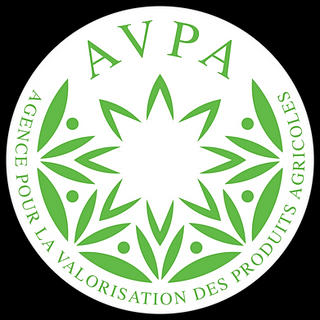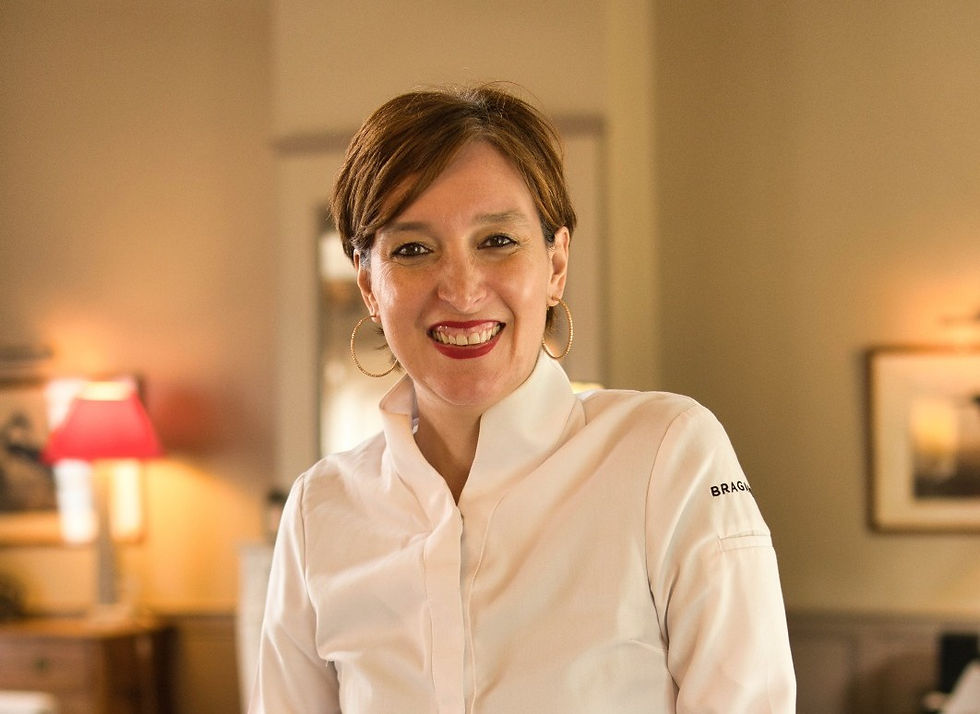Tea market opportunities after COVID
- Philippe Juglar
- Mar 25, 2020
- 4 min read
Updated: Mar 26, 2020
During this period of the pandemic, the prospects of all industries are in states of uncertainty.
In the tea consumption countries such as the US, France, Germany, where tea is not the traditional beverage, the tea industry as compared to the coffee industry, is not in a steady-state, so sectoral and economic chaos makes more issues emerge: Has the outbreak impacted on safety of tea? Will the tea industry collapse? What will happen to tea giant Lipton? What are the next opportunities?
We hope to find some insights by taking a quick look at some of the facts.
Does COVID affect tea safety?
"At the end of the pandemic, also in the beautiful season of tea plantation regions of Hubei province, there are tea areas of over 1,300 sq. miles in the harvest. With a unique geographical location, wonderful ecological environment, exceptional variety of resources, excellent cultivation management, exquisite processing technology, there are a large number of first-class speciality teas in Hubei. Most areas of Hubei province has just come over COVID, based on the specific requirements of the virus itself for its survival environment, and tea has undergone a high-temperature treating process, so the virus in tea products has zero opportunity to exist.
Moreover, tea is rich in tea polyphenols, catechins, theanine, tea polysaccharide, theaflavin and other active biological ingredients, which can help the human body to boost immunity.
Please enjoy China tea without concern about COVID. "
Liu Zhonghua
Academician, Chinese Academy of Engineering
Doctoral Supervisor, Department of Tea, Hunan Agricultural University
China's tea industry remains strong
This year, Hangzhou's spring tea output is anticipated to be 13,000 tons, of which more than 60% will be prominent tea, with West Lake Longjing tea output of about 550 tons. Corresponding to the comprehensive research and assessment of the expert team, 43 varieties of West Lake Longjing has been picked since March 15. This year, the production of spring tea in Hangzhou maintained the average year level, and the inherent quality of tea was better than that of the previous year. The average purchase price was about 4500 RMB (643 USD) / kg.
West Lake plantation region raised producer goods from various sources, with 1 million masks procured for spring tea picking.To carry out the tea picking smoothly, in early March, each tea village has contacted the tourism company and sent cars to pick up tea workers.
Anji White Tea has been picked since March 17, and the harvest of Zhejiang Province was completed on full swing on 20th March.
The early-spring fine Buddha Longjing's average price has been maintained at 800 RMB (115 USD) / kg above, the first-class Longjing is 1200 RMB (170 USD) / kg above, the speciality Longjing tea 1600 RMB (230 USD) / kg above. According to market statistics, the price index in February was 886.77, which is 10.34% higher than the last year.
The raw material picking of Fuding White Tea has started since March 15, the current price remains in line with the same period last year. At the same time, Fuding city co-operates with new media such as Tmall of Alibaba, Tiktok, and will conduct an all-round and in-depth promotion on the 9th Fuding White Tea Festival to be held on March 29 to inspire more tea enterprises to be occupied in online sales.
Will Lipton be sold?
Unilever released its Q4 and annual reports for 2019, which shows the company is conducting a "strategic review" of its global tea business, which could include a sale.
As a leading enterprise in the global tea business, Unilever decided to sell the product for two reasons: first, due to the rapid growth of other types of drinks represented by coffee, the whole tea industry has been impacted and replaced; On the other hand, due to the change of the main consumer groups and consumer market, the interest preference of the tea industry and black tea products has been changed, which makes it difficult to catch the new market trend.
Unilever's reference to a "strategic review" means it is considering whether to sell brands and factories in its tea business, and it cited analysts as saying potential buyers include Twinigs parent United Foods and Pepsi.
Pepsi may explore ready-to-drink tea products to diversify the choices on its shelves.
United Foods may refine the pricing system at the top end of the market.
High-end tea market opportunities
During the epidemic, people are concerned about the safety and not to forget the function of tea to enhance immunity. However, in the context of the overall economic downturn, the speciality tea industry is still strong. Both situations directly demonstrate market opportunities for middle and high-end tea.
On the one hand, the combination of functionality and typical food is an embodiment of the innovation in the food field in recent years. This phenomenon also exists in the tea field, especially the combination of functional herbal materials and tea. This type of product has added value, so it is not only high-end in positioning, but also high-end in pricing.
On the other hand, with the popularity of tea and the permeation of daily consumption, the low-end and mid-low-end tea market is very competitive, while the high-end market is relatively less competitive. However, it is not easy for the middle and high-end tea market to maintain high positioning and high gross margin.
As Marty Rubin put it, "The deep roots never doubt spring will come."
It is because of being at one of the epidemic centres that we see the outbreak and decline of the epidemic. We also witness the opportunities the tea industry has found in it. All the moves tea people take reflect the perseverance and wisdom of them.
Global Tea Fair











Comments